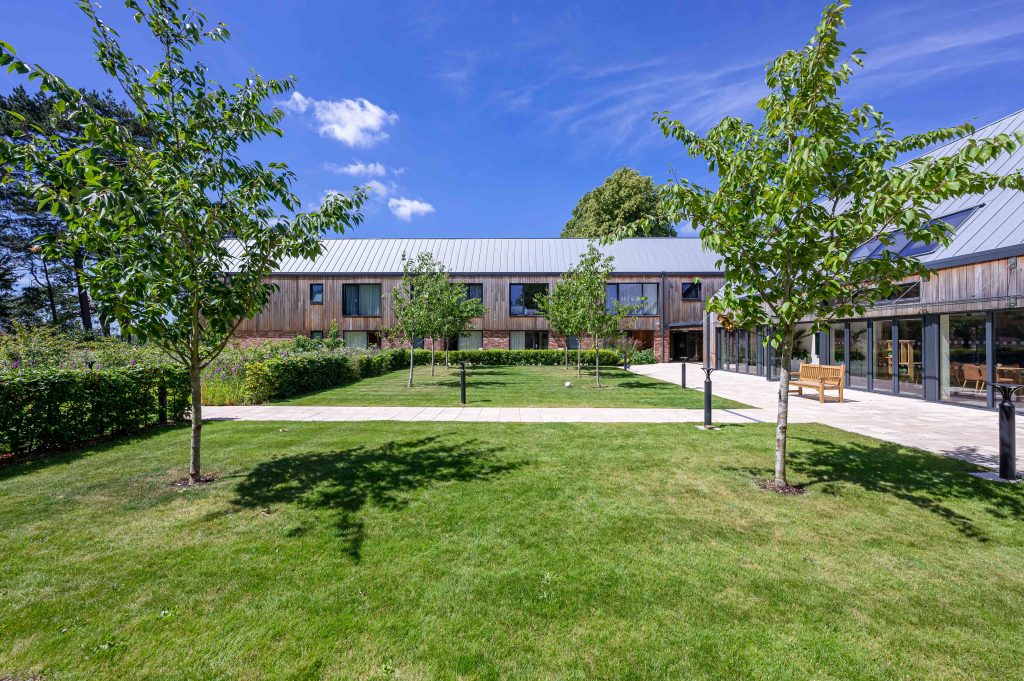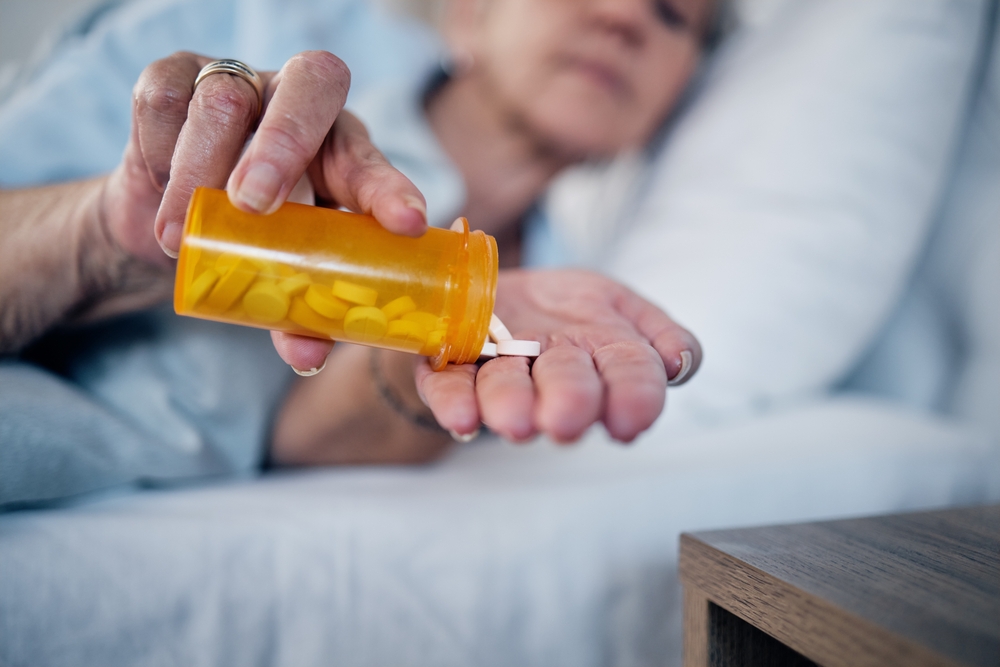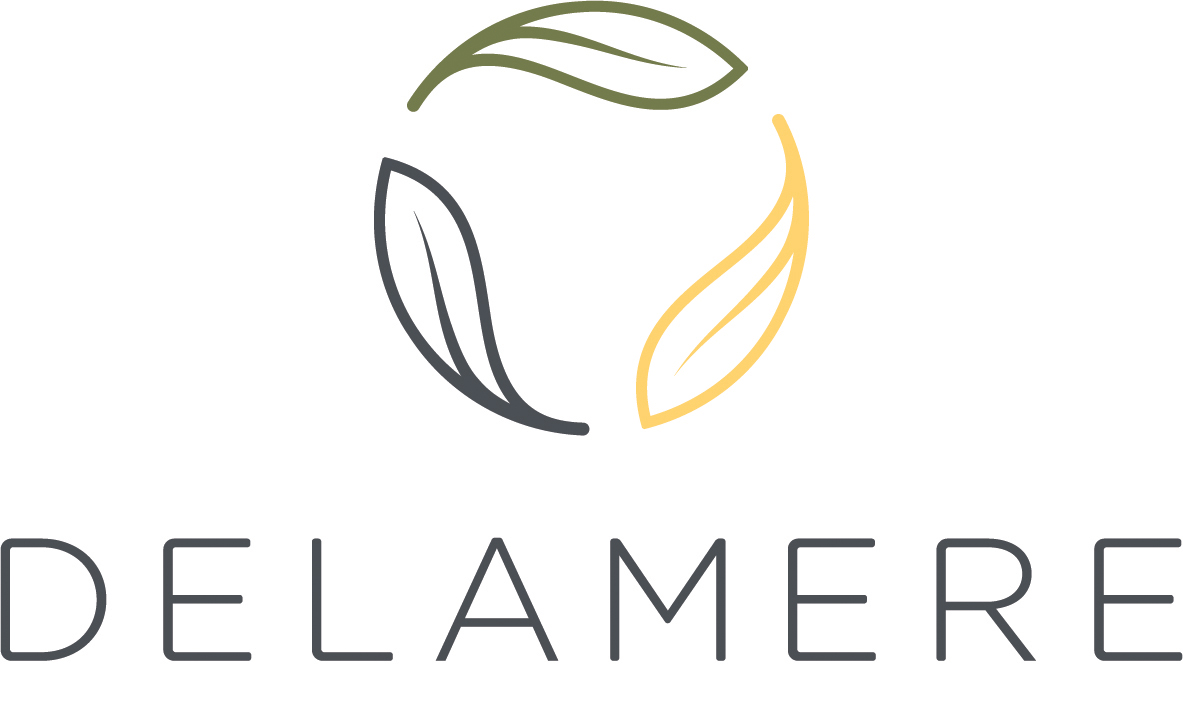Building a support network: Friends and family in recovery

on 08 Nov 2023
What’s included?
- Introduction
- Why is a support network important in recovery?
- How can you build a support network in recovery?
- What can family and friends do to support your recovery?
- How can Delamere help with building a support network in recovery?
With any challenges in life, from coping with grief to having your first child, you don’t get very far without the support of family and friends. In addiction recovery, building a support network is even more crucial. It can mean the difference between maintaining long-term sobriety and falling victim to a relapse.
Whether you’re at the start of your recovery journey or haven’t even asked for help yet, we’ll show you how to build the best support network with your family and friends to help you stay connected to your goals.

Why is a support network important in recovery?
Without the support of family and friends it can be hard to stay engaged in the recovery process. Imagine you’re running a race. You’ve trained hard for it for months and put in all the groundwork, but on the big day nobody is there cheering you on. Where’s your impetus to cross the finish line? Nobody will notice if you quit halfway through.
That’s a very flippant analogy. As we know, recovery is a journey of lasting commitment rather than a one-off event. But it’s a simple way to illustrate the value of a good support network and how your friends and family can play a role in your long-term recovery.
Avoiding isolation
Loneliness is one of the psychological variables that is linked to risk-taking behaviours associated with addiction. Studies show drug users are more likely to have feelings of loneliness and social isolation that drive the need for substances (1). Therefore, maintaining personal contact and avoiding being alone can help in recovery.
Living with like-minded people
Codependency – living with someone who has unhealthy habits and encourages you to drink alcohol or take drugs – can derail your recovery. The same can be said for work colleagues or friends who put temptation within arm’s reach. Surrounding yourself with people who are committed to a healthier lifestyle and don’t have problems with alcohol or drug addiction can help to keep you on the right path.
Being accountable
When you have friends or family who are invested in your recovery it’s harder to fall off the wagon. Even in your deepest, darkest moments in the grip of addiction there will be someone to talk to who understands your journey and wants to help. If you live alone, people will check in on you. If you go to an event and are visibly under the influence, you will be accountable to friends and family. Having people who care is part of building yourself back up again.
Reducing stress
Having a good support network of family and friends in recovery will help you to cope with negative feelings. Social support has even been found to reduce depression and anxiety in people who are facing stressful events. (2) When people have the support of their peers, they adopt healthier coping behaviours and have an improved sense of wellbeing and better quality of life.
How can you build a support network in recovery?
Find your tribe
Make sure you know which friends or family members really have your back. Keep people close who have your best interests at heart, rather than those who put their needs first. For instance, if there’s that one person who is always putting temptation in your way, give them a wide berth. Though it can be painful to feel like you’re erasing your old life, it’s about recognising that you’re trying to build a new one. Who deserves a place in it?
Be honest
Honesty is always the best policy, but this can be hard coming from a place of drug or alcohol addiction. Years of covert substance abuse often makes people deceptive and manipulative. Remember, this is not your fault. You have an illness and you’re doing everything in your power to overcome it. Whether it’s your boss or an old friend, be completely honest about your addiction, and your relapse triggers, so they are in the best place to help.
Educate others
While medical professionals recognise addiction as a brain disease, in some circles it’s still a dirty word. This misunderstanding generally boils down to lack of knowledge. Take the time to educate people on what addiction recovery involves and be clear on what you expect from friends and family. They may not get it right 100% of the time but, remember this is all new to them too.
Check in, often
Once you’ve built your support network of trustworthy family and friends don’t be a stranger. You may feel lacking in confidence but regularly meeting up with people in non-triggering surroundings is essential to success. Get involved in activities with people that don’t involve alcohol or drugs and if you haven’t seen someone for a while, pick up the phone. Social contact is so important for your recovery.
What can family and friends do to support your recovery?
Have you already made the difficult decision to get your loved one support? You may have staged an intervention and had some very difficult conversations. That’s the first step, but your job isn’t done. They aren’t going to be able to do this alone and you’ll need to carve out the time to understand as much as you can about the recovery process.
This can be challenging if your relationship is strained. Family members often feel let down by the person suffering and may have developed a lack of trust or resentment. It can take a long time to rebuild this bond, but if you both commit at the beginning you can achieve it together.
It’s also important to look after yourself. While you may be a person’s biggest supporter during their recovery, it’s good to recognise the toll this takes on your own work, home and social life. You may have had to change your lifestyle and faced your own challenges as a result.
Addiction recovery is not a solo act. It requires commitment from many different people and the careful balance of multiple relationships. If the people offering support are also suffering this can break the collective focus. If you’re a friend or family member of someone in recovery, take time to look after your own physical and mental health so that you can be in the best shape to offer support.
How can Delamere help with building a support network in recovery?
We have a very different approach to alcohol and drug rehabilitation here at Delamere. Our six-acre site set in tranquil woodland may be the start of your recovery but it doesn’t end there. From the medical team who oversee your initial detox to the peers who join you in group therapy, we’re all part of your support network in recovery.

As well as the one-to-one relationship you build with your focal therapist, you’ll meet countless others along the way. Like-minded people who have endured the same struggles and will be able to support your growth every step of the way.
We’re great believers in involving family and friends from the outset. Your support network will be able to visit and take part in connection days to really understand what you’re going through and what they will need to do to support your recovery long-term. When you leave our care, we will help you to maintain contact with your peers and you will have 12 months aftercare to lean on us whenever you need it.
If you are concerned about relapse in recovery, call us confidentially to speak to a member of the team today.
References
1. Hosseinbor M, Yassini Ardekani SM, Bakhshani S, Bakhshani S. Emotional and social loneliness in individuals with and without substance dependence disorder. Int J High Risk Behav Addict. 2014 Aug 25;3(3):e22688. doi: 10.5812/ijhrba.22688. PMID: 25632385; P.
2. Brummett BH, Mark DB, Siegler IC, Williams RB, Babyak MA, Clapp-Channing NE, et al. Perceived social support as a predictor of mortality in coronary patients: effects of smoking, sedentary behavior, and depressive symptoms. Psychosom Med. 2005;67(1):40.



About the author: Youssef
Youssef’s understanding of addiction come from time spent working in the recovery mentor role and his own personal experience. Alongside work, he is completing a degree in psychology at the University of Manchester.
RECENT POSTS
The Power of Reaching out a HandFrom sobriety to quality of life: Revisiting recovery outcome measures
The role of alcohol in UK culture, and how to break free
Holistic diet tips to balance energy and mood
CATEGORIES
-
Addiction Recovery
Addiction Reports
Alcohol Addiction
Burnout
Delamere
Digital Addiction
Drug Addiction
Holistic Programmes
Other Behaviours
Prescription Drug Addiction
Rehab
ARCHIVES
- December 2025
- November 2025
- October 2025
- September 2025
- August 2025
- July 2025
- June 2025
- May 2025
- April 2025
- March 2025
- February 2025
- January 2025






